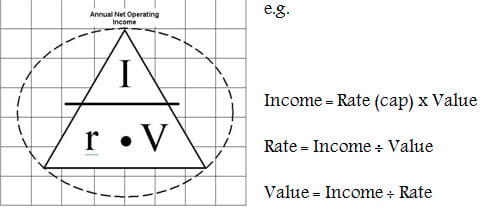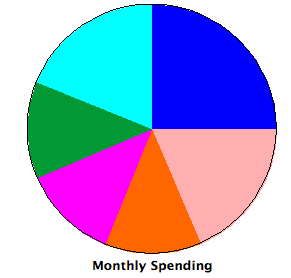If you have ever considered appealing your Gwinnett County property tax, you may think that it’s just not worth the hassle, or that your home’s value will be close enough to the assessor’s numbers anyway. One thing we hear often is that homeowners believe a home that is of obvious great value, with few things to prove it is of lower value than estimated, won’t be approved for a lower tax bill. But the fact is that even huge corporations with pricey commercial properties appeal their property tax – so why shouldn’t you? Just because your home in Gwinnett County is of excellent value, doesn’t mean the assessor didn’t over-value it.


-1.jpg)
.jpg)





